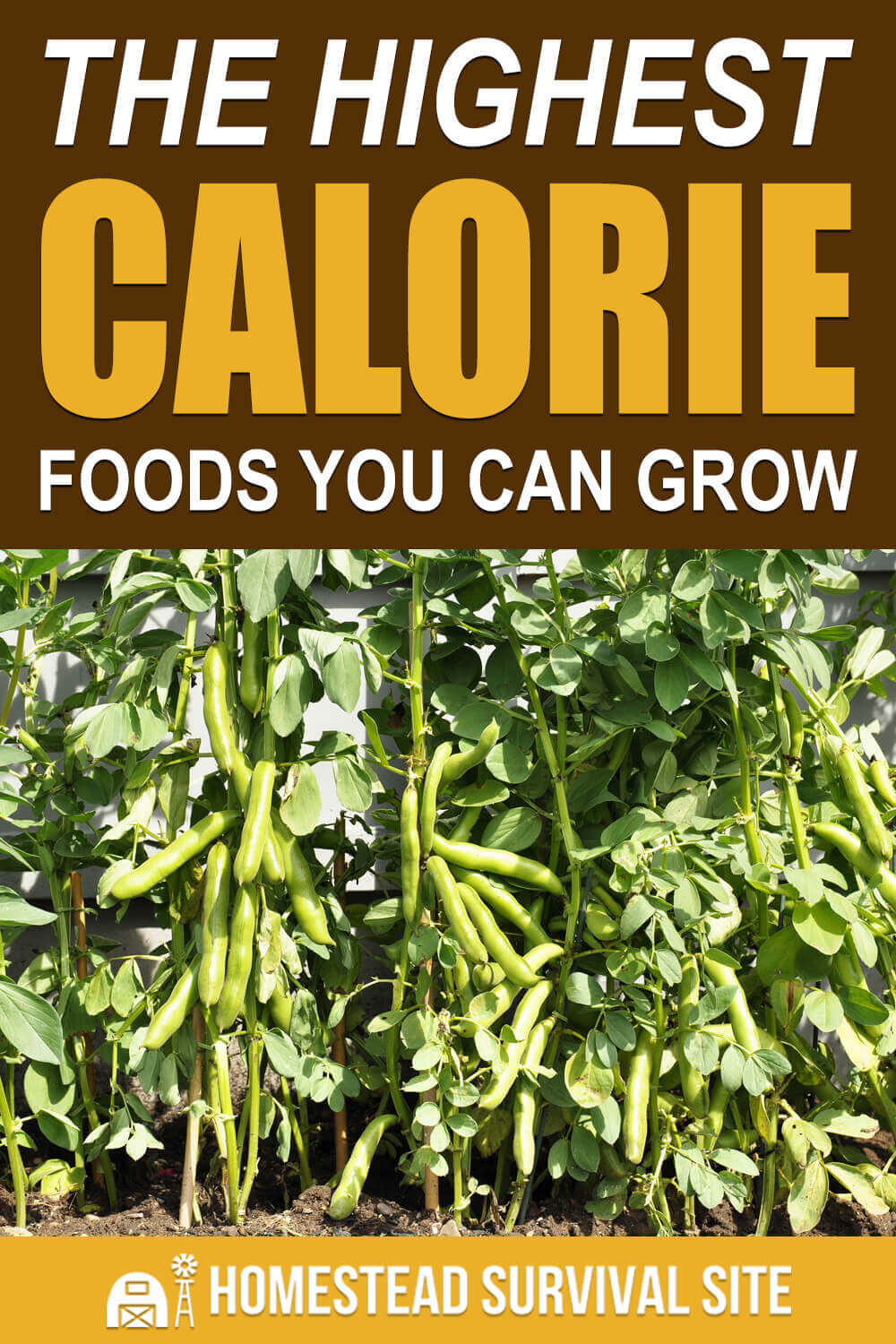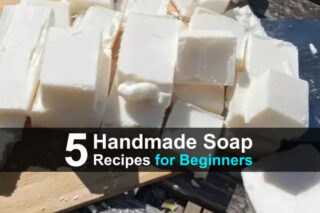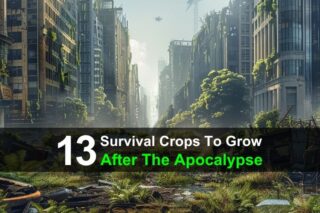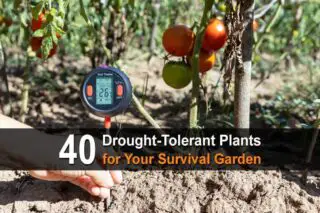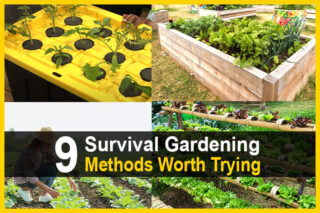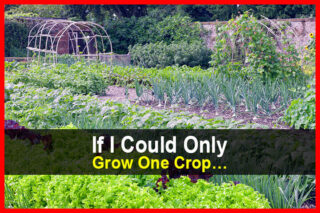Estimated reading time: 6 minutes
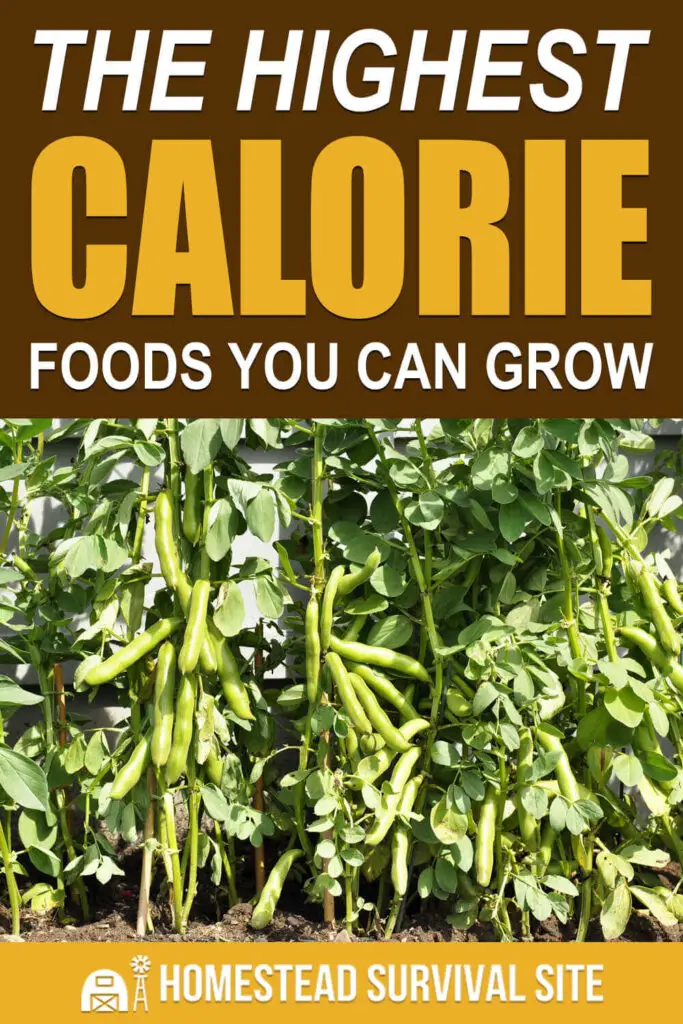
With today’s uncertainty, it helps knowing there are things you can control. Your family’s food supply is one of them. Imagine knowing that you’re not dependent on grocery stores or vulnerable supply lines.
Growing your own food adds another level to your preparedness. You can grow your own healthy, high-calorie produce to supplement your stockpile. This article will focus on high-calorie crops that provide food fast – some in just about eight weeks.
How to Choose Your Crops
When choosing crops, consider the following questions, especially if you have limited space:
- Nutritional Content
- How many calories are in a serving or a pound?
- Will this food sustain me over the long haul?
- Growing Conditions
- What are the plant’s light and water needs?
- What is your USDA growing zone?
- Time to Harvest
- How long before your plant produces food?
- Does the crop produce once a year, or are there multiple harvests?
- Ease of Processing
- Do you need special equipment such as a grain mill?
- Can your crop be processed at home or by yourself?
- Storage
- Does it need special storage, such as a root cellar?
- How long will your crop last in storage?
- Perennial or Annual
- Is this a “plant it and forget it” crop, aka a perennial?
- Does this crop need to be planted over again every year or season?
- Seeds or Starts
- Can you save seeds from your crop each year?
- Do you need to buy new stock or starts each time?
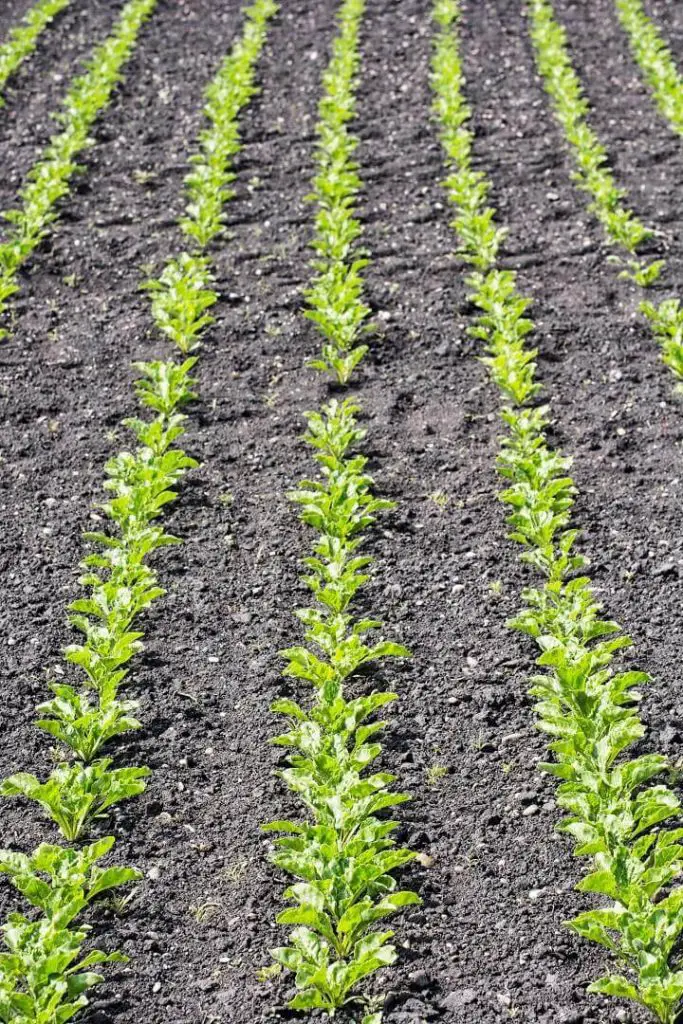
Highest Calorie Foods You Can Grow Quickly
These high-calorie crops grow faster than common garden staples like tomatoes and cucumbers. Keep their growing needs in mind. Each gardener’s situation is different, and you may not be able to grow all these crops in your area.
Beans
Dried pinto beans are a survivalist staple. This powerhouse food provides over 675 calories in just one cup or 1500+ calories per pound. They are very filling and high in protein.
Beans thrive in most parts of the world. Depending on conditions, you can expect up to six pounds of beans in a 100 square foot plot. Beans mature quickly, with some varieties needing only seven weeks before harvest time.
Beets
Beets are unusual, with greens almost as nutritious and tasty as the roots. Beetroots store well and are eaten fresh or preserved by canning or pickling. One cup of cooked beets averages about 75 calories, while a cup of pickled beets is around 115 calories.
It is easy to grow beets in a wide range of climates and conditions. They are a cold-weather crop, great for cooler temperatures. Low maintenance and a short 60 days to harvest makes them popular choices.
Corn
There are several types of corn – field, ornamental, popcorn, and sweet. Each has a different purpose and growing time. Some hybrid corns mature in 60 days, while others require up to 100 days before harvest. One cup of corn averages about 350 calories.
Corn needs sun and more space than other high-calorie, fast-growing crops on this list. If you have room, include it in your garden. There are many ways of preparing and storing this versatile crop. That is probably why it has been cultivated for thousands of years.
Jerusalem Artichokes
This member of the sunflower family is not an artichoke, nor is it related to Jerusalem. It is, however, a super-hardy, low to no maintenance crop you’ll be glad you have. Find a sunny spot, plant your “chokes”, and add water.
Also known as sunchokes, these plants are perennials that come back every year. One cup of Jerusalem artichoke slices provides about 120 calories.
Peanuts
If you live in a warmer climate with a long growing season, add peanuts to your plan. Peanuts provide a trifecta of good highs: high calories, high fat, and high protein. They can be eaten raw, roasted, blended into butter, and pressed as a cooking oil.
Just one plant can produce up to 50 peanuts. Place your peanut plant in a sunny location with loose soil. Depending on the variety, expect to harvest your peanuts within 90-120 days.
Potatoes
The mighty spud should be at the top of any gardener’s list. Just one medium baked potato offers around 230 calories. This versatile high-calorie food grows fast and can be prolific. One plant can provide a dozen or so potatoes. They are also an excellent storage crop.
It is hard to go wrong when planting potatoes. They prefer rich, moist soil but will grow in almost any medium or condition. Potatoes do just as well in containers or grow bags as they do in the ground or potato towers.
Squash
If you have the room, plant both summer and winter squash. Winter squash grows a little slower than the summer varieties but is well worth the wait. It also stores exceptionally well.
All varieties of squash are easy to grow. They like a sunny spot with well-draining soil and plenty of moisture. Train your squash to grow on a trellis or support and keep them off of the ground if possible.
Sunflowers
The seeds of the sunflower plant are part of the nut family. Like most in this group, the nuts are high in calories and nutrition. Along with a good dose of healthy fats, one cup of sunflower kernels provides almost 300 calories.
There are many varieties of sunflowers. Most grow well in a wide range of conditions as long as they have a lot of sun. Sunflowers don’t require a lot of water once they’re established and will re-seed freely.
Get Started Now
You don’t have to wait for a specific time of year to start planning and preparing your garden for fast-growing, highly nutritious foods. Do some homework and research which high-calorie crops will do well in your area – the questions above will help you narrow down your list. Gather or order seeds now or secure a source for your plant starts.
Another thing to remember is only to plant what you and your family will actually eat. It is a waste of time and space to grow something that won’t be a part of your survival menu. The main thing is to get started now so you’ll be able to feed your family quickly with nourishing, high-calorie foods.

